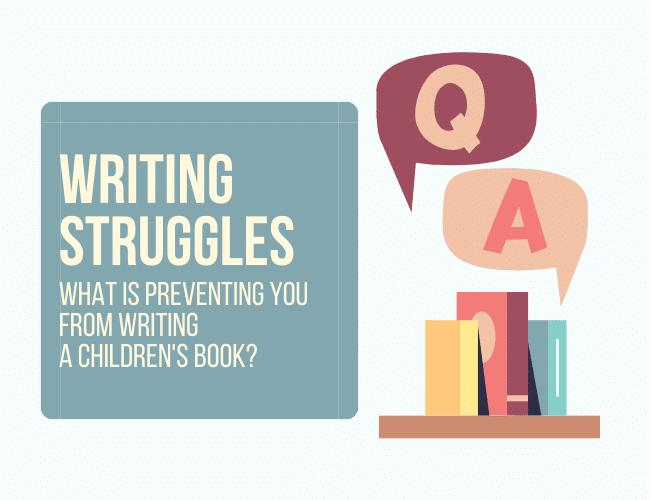
by Marianne Richmond |
Do you dream about becoming a children’s book writer? Are there any writing struggles holding you back?
You may have an amazing children’s book idea, but for some reason you can’t seem to actually write the book.
In today’s article, I’d like to hit pause on you writing process (briefly, I promise!) and dig deep into what unanswered questions and writing struggles have prevented you from starting, writing, or finishing and publishing your children’s book.
Ask me questions!
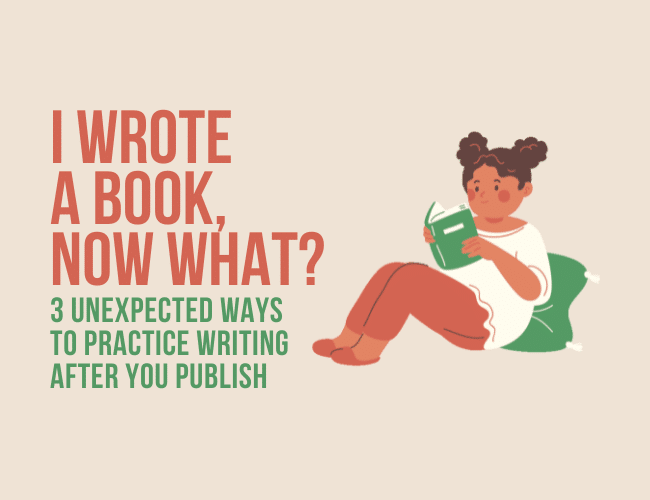
by Guest Blogger |
Congrats, you wrote a book and launched it! It’s on to the next book. But maybe you’re feeling tired. As for writing a whole book, you need a break. Maybe you’re thinking, “I wrote a book. Now what?”
But can you take a break and still practice writing, if you’re not writing?
Yes, you can! By taking a different, brief and temporary, writing approach.
In this post, I’ll share how focusing on 3 R’s—Reviews, Reading Panels and Residencies—can help you develop your writing platform in new and unexpected ways.

by James Barrows |
Are you one of the new writers looking for advice on how to start writing?
Have you decided you want to write a fantasy novel with wizards and ghouls? Or do you want your debut book to be a memoir about your time fishing in Alaska. Maybe you don’t even have an idea, you just know you want to start avant-garde writing.
Whatever dilemma you’re facing as a new writer, this article is filled with advice that will help you start and keep you going. You’ll find both inspiration and practical tools for your creative writing needs, all compiled from advice given by the masters.
This article shares five irreplaceable pieces of advice from the masters to help you start writing—and keep going!
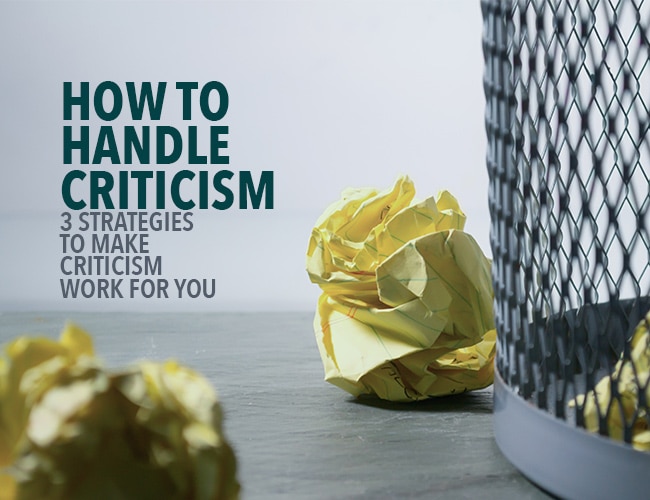
by Joslyn Chase |
You invest a lot of yourself in your writing, and putting your creative work in front of others is scary. Your mind floods with questions like, What if they don’t like it? What if they think I’m dumb? What if I’m no good at this? And what if someone doesn’t like it? Do you know how to handle negative criticism?
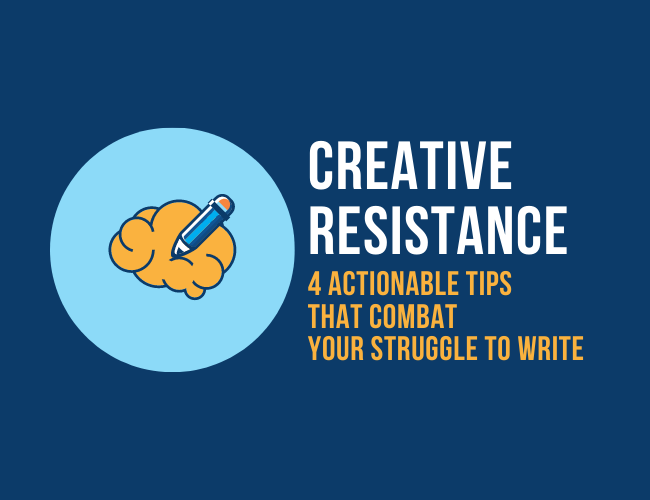
by Guest Blogger |
How do you overcome creative resistance? How do you handle that big, blank screen staring at you from your computer? The cursor just blink-blink-blinking its mockery.
When it comes to your writing time, do you avoid it? Choose to read celebrity gossip online, or maybe wander over to your empty refrigerator multiple times? Have you ever written one paragraph but think it sucks, so you delete it? And instead of writing more, stew in self-loathing.
Whatever your creative challenges are on and off the page, you’re not lame or a loser. There’s actually a scientific reason behind your creative resistance.
The even better news is you can change your writing progress so it is progress.
Let’s talk.
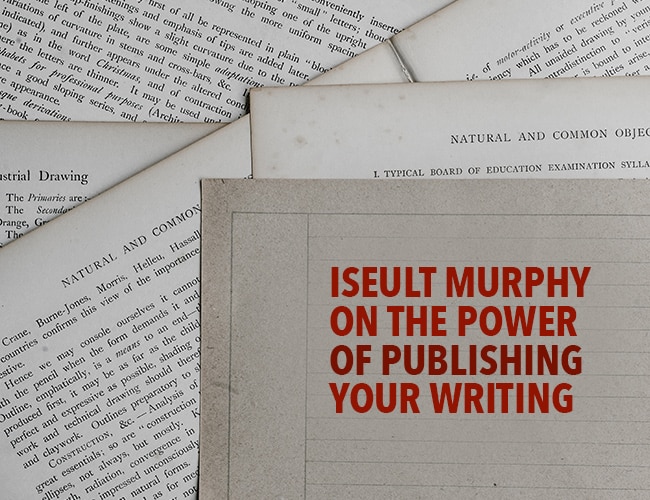
by Sarah Gribble |
Sometimes getting your writing into readers’ hands can seem like a long, arduous process. You might feel lost. You might feel like the “gatekeepers” in the publishing industry are out to get you, hate your work, or are just plain mean.
In this interview, we’re talking with Iseult Murphy about her writing journey, her decision to self-publish, and the power of connecting with other writers.








